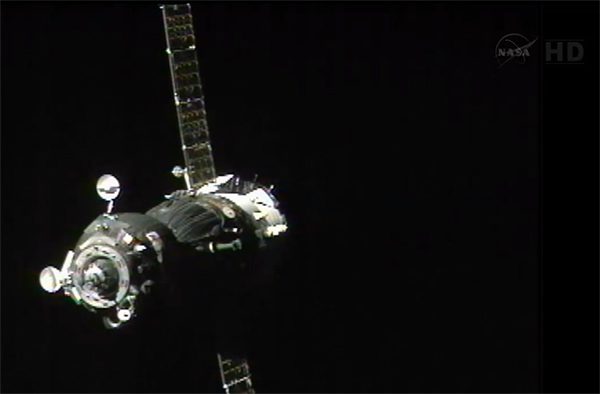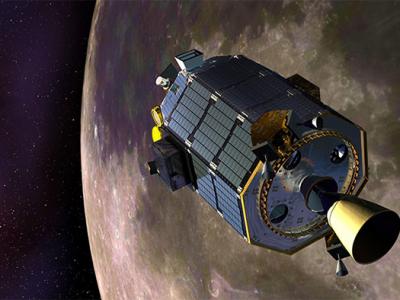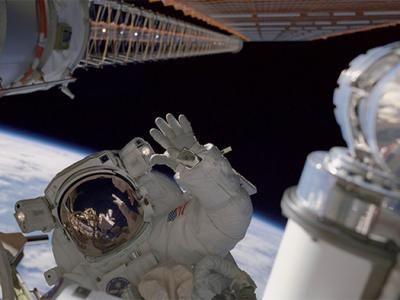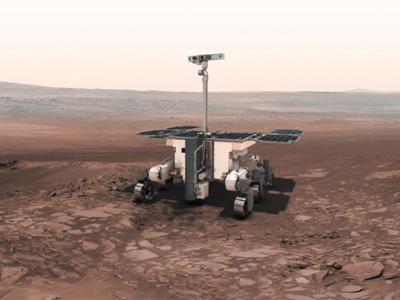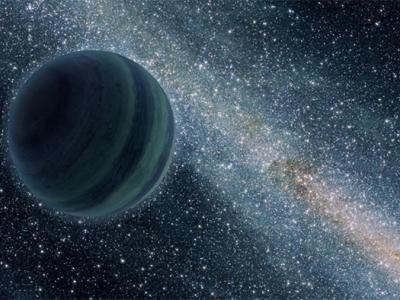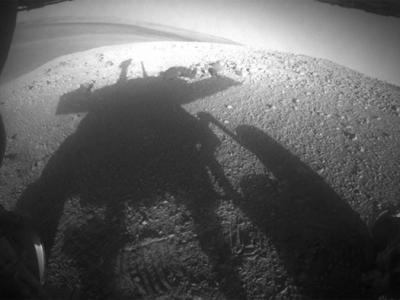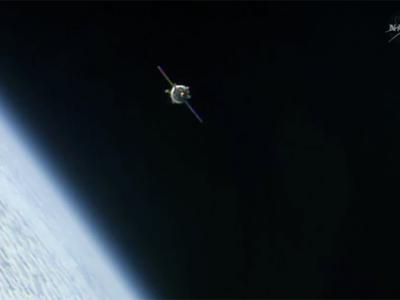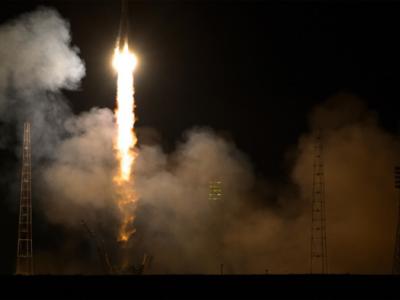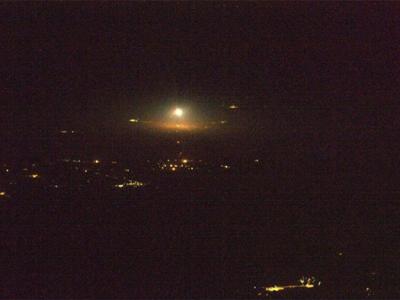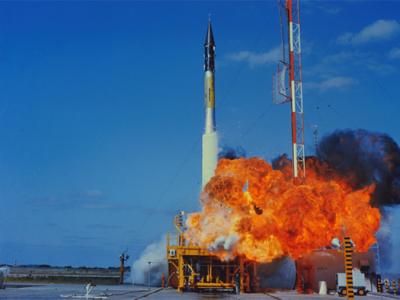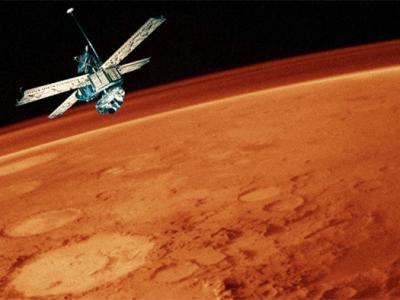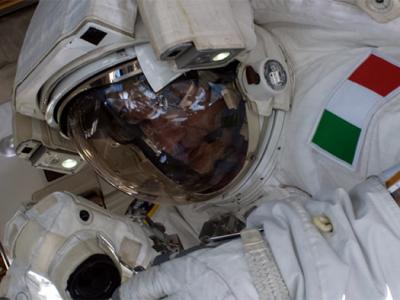Docked! Soyuz Takes Shortcut to Space Station
A Russian Soyuz capsule arrived in record time at the International Space Station on Thursday, shaving the standard two-day flight down to less than six hours.
The shortcut required some very precisely timed steering maneuvers, all of which occurred without problems. That positioned NASA astronaut Chris Cassidy and his two Russian crewmates, Pavel Vinogradov and Alexander Misurkin, to reach the station at 10:28 p.m. EDT, just five hours and 45 minutes after liftoff from the Baikonur Cosmodrome in Kazakhstan.
“Everything is going good,” Vinogradov radioed to flight controllers as the Soyuz capsule neared the station.
“The closer the station, the better we feel,” he said.
On hand to meet the newcomers were station commander Chris Hadfield, with the Canadian Space Agency, NASA astronaut Tom Marshburn and cosmonaut Roman Romanenko.
All previous station crews, whether flying aboard NASA’s now-retired space shuttles or on Russian Soyuz capsules, took at least two days to reach the station, which flies about 250 miles above Earth.
“In reality, it’s not very far to the space station, although with the velocities we’re talking about, it’s quite an achievement,” deputy station program manager Kirk Shireman said during a NASA interview.
Docked! Soyuz Takes Shortcut to Space Station
Russia conducted three test flights with Progress cargo ships before clearing the Soyuz capsule carrying crew to attempt the express route.
“We’ll try it … with this crew. There are lots of things to learn and understand and then make a decision with subsequent flights whether we’ll do the four-orbit rendezvous,” Shireman said.
Meanwhile, Russian engineers already are looking into cutting the trip time to two orbits, Vinogradov said.
Aside from less time spent in the Soyuz’s extremely cramped quarters, the crew should be able to reach the station before any disquieting impacts of microgravity — nausea, dizziness, vomiting — set in.
“For the first four or five hours we are going to be fully operational, without any of the negative side-effects,” Vinogradov said during a prelaunch press conference.
The shorter trip also means biomedical experiments and equipment can reach the station sooner, improving science results.
Mar 29, 2013 02:52 AM ET by Irene Klotz
